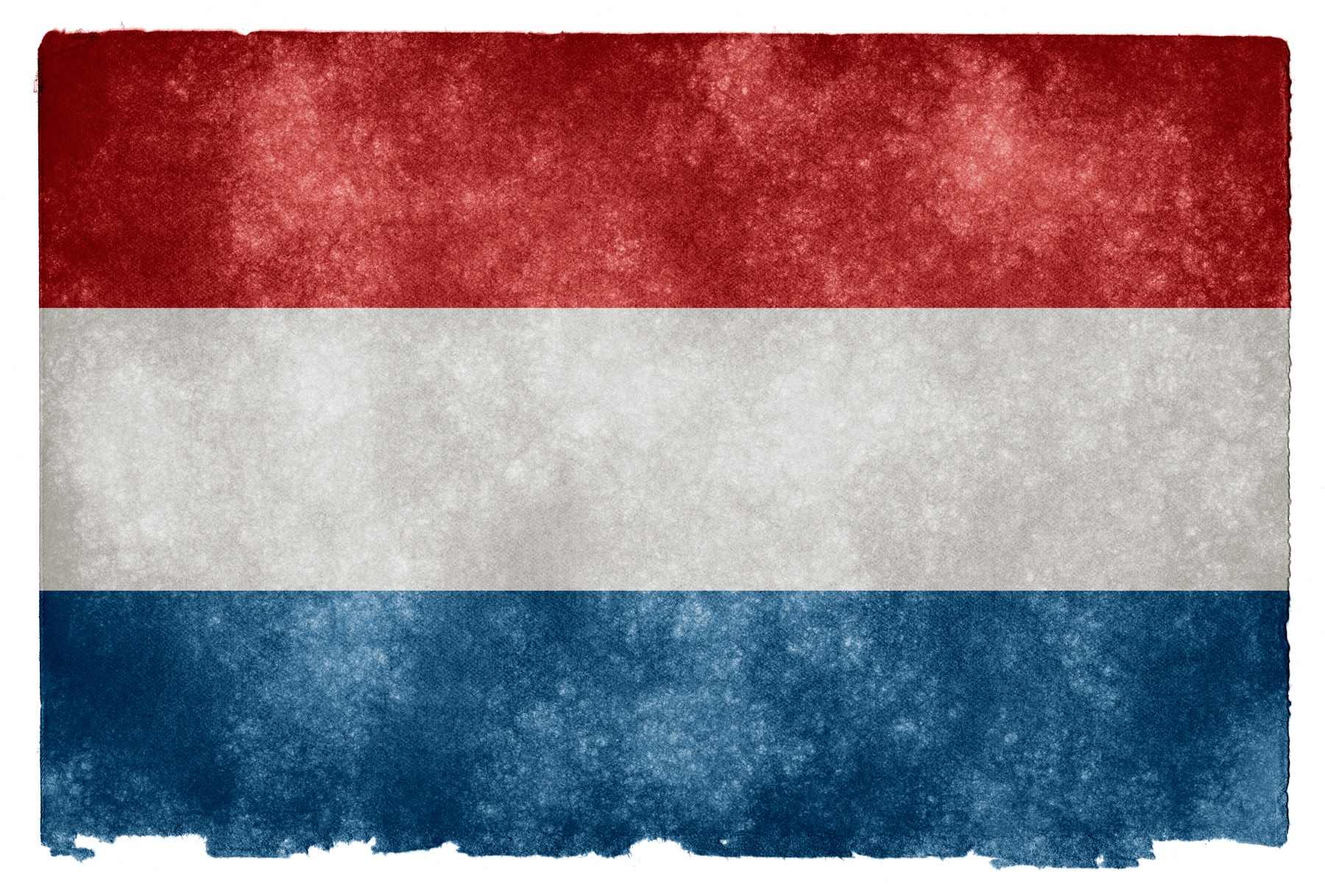Learning a new language can be liberating as well as frustrating. Once you have learned a new language, your horizons widen, including the number of vacation spots, while a feeling of accomplishment settles in.
Based on your mother tongue, some languages will be easier to learn than others. This largely depends on the similarities in vocabulary, grammar, and script. For a Korean speaker, it’s much easier to learn Japanese or Chinese than English. Chinese, in its turn, is one of the hardest languages to learn for an English speaker, so it would be far easier for a native English speaker to learn Spanish than to learn Chinese. Makes sense?
There are many easy-to-learn languages out there. So maybe the process isn’t overwhelming and brain-wracking for all of them. The following is the list of the top 5 easiest languages to learn for English speakers. Why not give it a go?

Esperanto
Are you questioning the reliability of this post because this language sounds like I made it up? Well, I’ll be honest; this language is a made-up language and doesn’t belong to any country in particular. However, it has made it to the top of this list because of this exact reason.
The Esperanto Language was created around 1880 by a Polish ophthalmologist. His motive was to reduce language barriers by fabricating a lingua franca that drew its roots from various other languages and was universally easy to learn.
Since it was designed to be easy to learn, that is exactly what it is! Firstly, the language doesn’t require a lot of effort because it is phonetic and you pronounce your words just as you write them. Secondly, the fact that it has regular grammar makes it very easy to remember (nouns end with ‘o’, adjectives end with ‘a’ and adverbs end with ‘e’). Lastly, knowing the language makes it easier to learn other languages as it has been derived from them.

Afrikaans
Afrikaans is a West Germanic language, just like English, and is spoken in South Africa and Namibia. It has evolved from Dutch, which makes up to 90% of Afrikaans’ vocabulary.
This language is easy to learn because, like Esperanto, its grammar is regular and the rules are easy to follow. Once you learn the basics, the rest of it is just putting two and two together. To add to this, verbs aren’t conjugated depending upon the subject! This reduces the difficulty by a lot as you don’t have to remember all the variations of each and every word.
Despite this, there is one area of the language that you may face a little difficulty and that is, pronunciation. Quite often, it can be hard to get a hang of the modulations and the sounds in Afrikaans since they are very different from other languages. However, once you master the pronunciations, it’s a cakewalk from thereon.

Spanish
Spanish is the official language of around 20 countries and is supposed to be one of the easiest Romance languages to learn for native English speakers. This is because, firstly, Spanish and English share their Latin roots and as a result have numerous words (known as cognates) that sound alike and are similar.
Secondly, unlike French, it doesn’t have any tricky pronunciations as there’s just one sound for every letter. Only the letter ‘h’ has different pronunciations depending upon the word whilst for the rest of the letters, there are accents that help to pronounce each word correctly.
Lastly, when compared to English, Spanish has a much simpler sentence structure as well as grammar style, making it even easier to pick up.
PORTUGUESE
Portuguese, like Spanish, belongs to the Romance language family and consequently, shares characteristics with Spanish that make it easier for learners to wrap their head around this language. As Latin is Portuguese’s ancestral language as well, there are various cognates that make it easier for a native English speaker to understand the language.
However, there’s another factor that makes learning Portuguese a little more effortless and that is, its interrogative form. To convert a statement into a question, all one has to do is change the modulation of the statement by raising one’s pitch at the end of the sentence. This feature isn’t new to English speakers, for example:
Statement – We are going to the movie theatre.
Question – We are going to the movie theatre?

Dutch
Since Afrikaans, Dutch’s daughter language has made it to this list, it should come as no surprise that Dutch has as well. Unarguably, Afrikaans is a simplified version of Dutch with easier spellings and grammar rules, however, this doesn’t take away the advantage of Dutch belonging to the West Germanic language family as well.
Since the language is closely linked to English, the Foreign Service Institute (FSI) has classified Dutch (along with Afrikaans, Spanish and Portuguese) into Category I, which is the least difficult category in the language difficulty ranking.
In order to attain a proficient level in a language in this category, it takes around 23-24 weeks (575 – 600 hours) for an English speaker.
The most interesting aspect is that English and Dutch don’t just have similar-sounding words, but they also share words that are spelled the same. Although, this can prove to be a disadvantage at times as the words are sometimes either pronounced differently or have completely different meanings.
The joy of learning a new language and being able to converse in it with fluency is truly an exceptional feeling. The simple act of learning a new language makes new neuron pathways in our brain, strengthening our mental faculties in ways we cannot fully comprehend yet. And like any other exercise, the more you practice, the better you get at it.
Bilingual and multilingual people to be more effective problem solvers and creative thinkers than those who only speak one language. While learning any of the above languages is no less accomplishment, these are by far the easiest languages to learn for English speakers and are a great way to kick-start your language learning. Start learning a new language online today!
Andrie Steliou
Latest posts by Andrie Steliou (see all)
- 8 Ways to Help Keep Your Child Focused and Engaged in Online Learning - October 19, 2022
- How to Improve Social Intelligence Skills? - May 10, 2022
- How to Improve Organizational Skills at Workplace? - May 6, 2022


